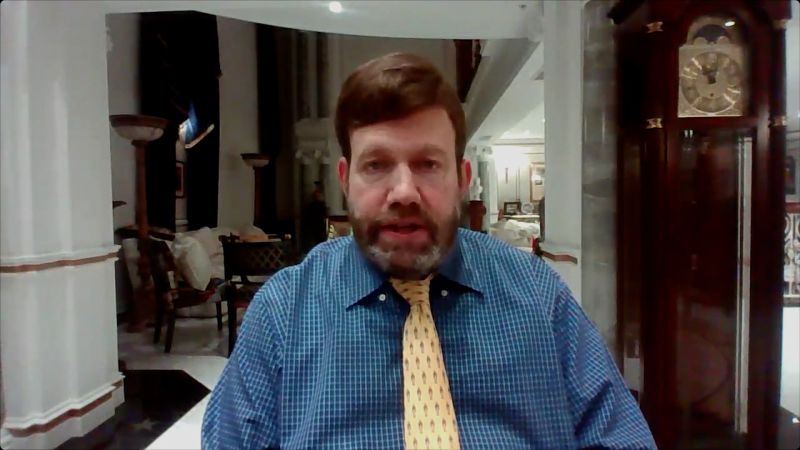Trump's Support Meter: Latest Poll Reveals Voter Sentiment Shift

In an exclusive CNN interview, renowned pollster and communication strategist Frank Luntz provides critical insights into the current public sentiment surrounding former President Donald Trump's political landscape. Just one month into what the hypothetical scenario suggests is Trump's second presidential term, Luntz breaks down the latest polling data that reveals Americans' complex and nuanced perspectives.
Joining anchor Jessica Dean, Luntz unpacks the intricate details of recent polling research, offering a comprehensive look at Trump's standing among voters. His analysis goes beyond simple numbers, delving into the underlying attitudes and potential shifts in public opinion that could shape the political narrative.
The discussion promises to shed light on the intricate dynamics of voter perception, exploring how Americans are responding to Trump's potential return to the White House and the broader implications for the nation's political future.

